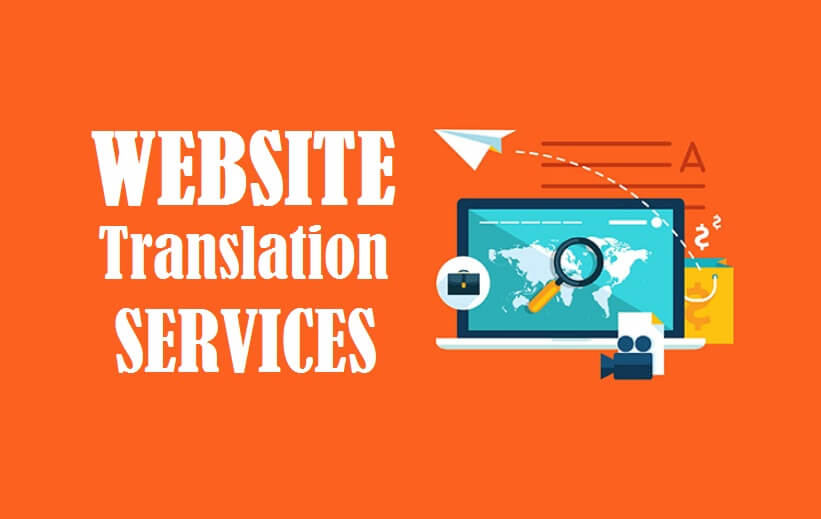Often while translation of huge amounts of subtitling and documentation projects; mistakes are made due to pressure from time constraints set by clients. Although these mistakes/ errors can be inconspicuous sometimes. But they can completely ruin the flow with which the audience reads the information. As they can cause a lot of confusion among the readers. This can disrupt the level of engrossment among the readers. Especially if the translated material is for entertainment and recreation.
Let us talk about a major method used by translation service providers to check for accuracy and mistakes in translations, i.e., Back translation.
Back Translation
Back translation is a method used during the translation process to check whether the translated document has the same meaning and nuances as in the original document. In this process, the company employs a back translator who translates the final document into the original language. Here, the back translator is unaware that the document handed to him/her is being tested for accuracy and meaning through the process of back-translation. The reason for doing so is to make an unbiased translation. Back translation is a process that makes sure that the translation has an accuracy close to a hundred percent.
Since this method makes sure that the translation is as much accurate as possible, it is also very time-consuming and lengthy since it is a multiple-step process. The problem arises when the translator and the back translator have different levels of translation skill and experience. So, when the back translation is handed over to the clients who compare it with the translated document, they are often not satisfied.
Because the meaning of the back-translated document is too general most of the time. And it does not match the client’s taste of how they expect the message to mean to the audience. It also creates a problem for both the translator and the back-translator. Because they often believe that they have already conveyed the appropriate meaning according to them. Also, hiring a back translator doubles the cost of the translation process.
Proofreading v/s Back Translation
Proofreading can also be as effective as a back-translation. If a person with a high level of experience works in the project. The result will come out in a very short amount of time and at a comparatively affordable cost.
Apart from that, a proofreader also makes changes to a project to enhance its quality. He or she does so by checking if the localization improvisations are appropriate as per the original text. And suggests the necessary changes. The proofreader also makes sure that there are no blind translations by the translators. As it will make no sense to the target audience and thus cause poor customer response.
Back translation is effective and beneficial when done correctly and efficiently, keeping the above-mentioned points in mind. But, a proofreader is still essential even if the back translation is done correctly. As we should never underestimate the value of a good proofreader. We at VerboLabs, take every step to make sure that the translations we do are perfect for the target audience. We ensure that it meets all the requirements of our clients in terms of quality. Reach out to us or contact at info@verbolabs.com


